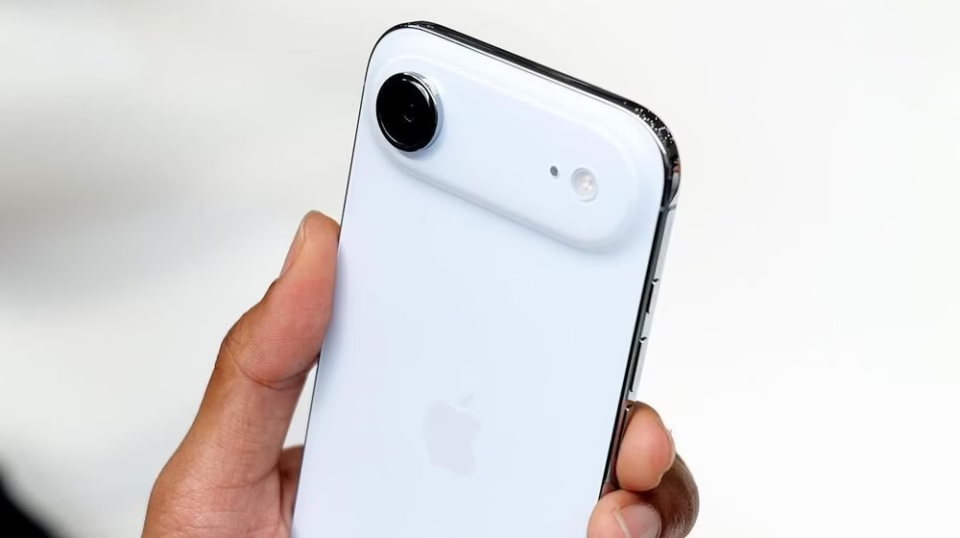iPhone 17 Pro and iPhone Air Durability Tested: Bend and Drop Results
Independent testing by Allstate Protection Plans has revealed how Apple’s newly released iPhone 17 Pro and iPhone Air perform under real-world durability challenges. The tests, which included bend and drop evaluations, highlight both the strengths and weaknesses of Apple’s redesigned devices.
Bend Test: Strong Frames for Slim Devices
-
The iPhone 17 Pro withstood over 90 kilograms of pressure before showing signs of bending.
-
The ultra-thin iPhone Air, measuring only 5.6mm thick, began to bend at 86 kilograms of pressure — still an impressive result for such a slim device.
Both phones continued working normally after the bend test, confirming that Apple’s new frame design offers greater resilience than most users will ever need in daily life.
Drop Test: Displays Still Vulnerable
When dropped from 1.8 meters (about 6 feet):
-
Both devices’ front Ceramic Shield 2 displays cracked, leaving sharp edges and making them unsafe to use without protection.
-
The iPhone 17 Pro’s rear glass survived with only minor scuffs.
-
The iPhone Air’s back panel shattered completely under the same conditions.
The results suggest that while the iPhone Air resists bending exceptionally well, it is more fragile in accidental drops, reinforcing the need for a protective case and screen protector.
Overall Findings
Allstate Protection Plans concluded that:
-
Both devices show significant durability improvements over previous iPhone models.
-
Performance levels exceed typical industry standards, particularly in frame strength.
-
However, glass protection remains a concern, especially for the lighter iPhone Air.
Takeaway
Apple’s iPhone 17 Pro and iPhone Air demonstrate excellent build strength, but like all glass-based smartphones, they remain vulnerable to drops. For everyday users, investing in reliable accessories such as a case and tempered glass screen protector is highly recommended to maximize protection.

